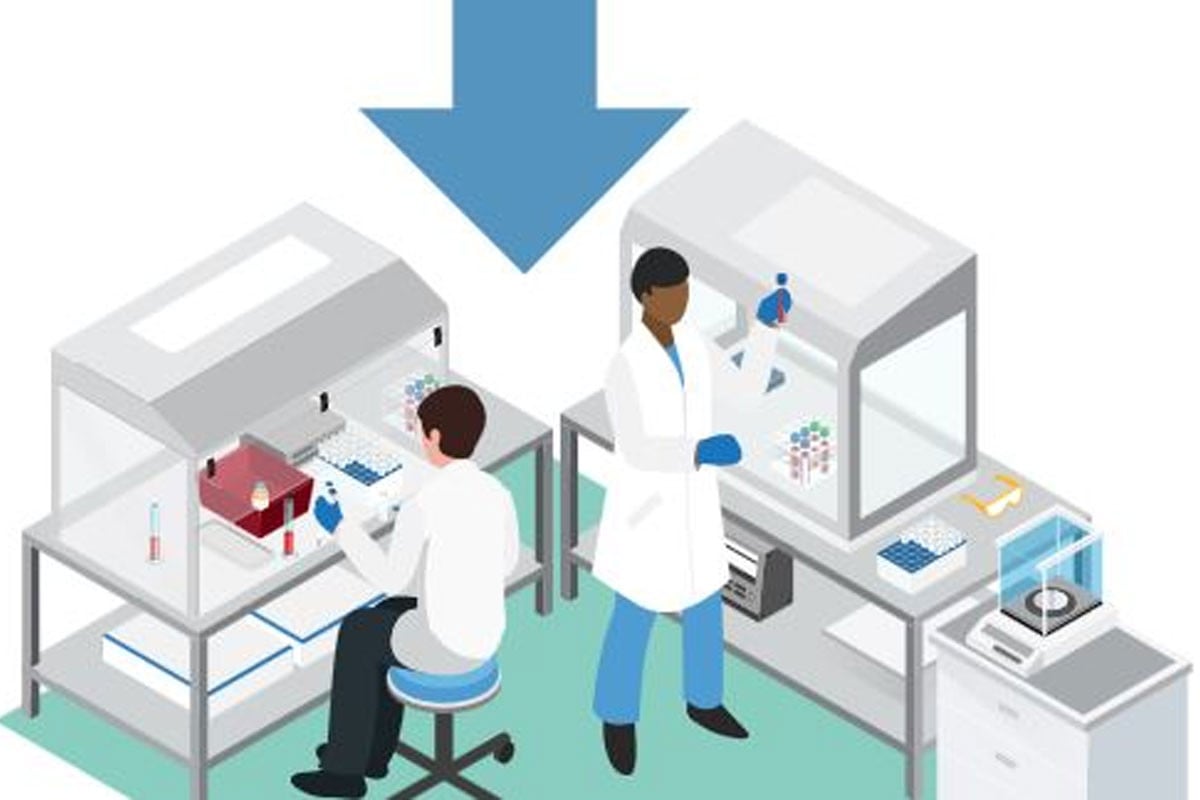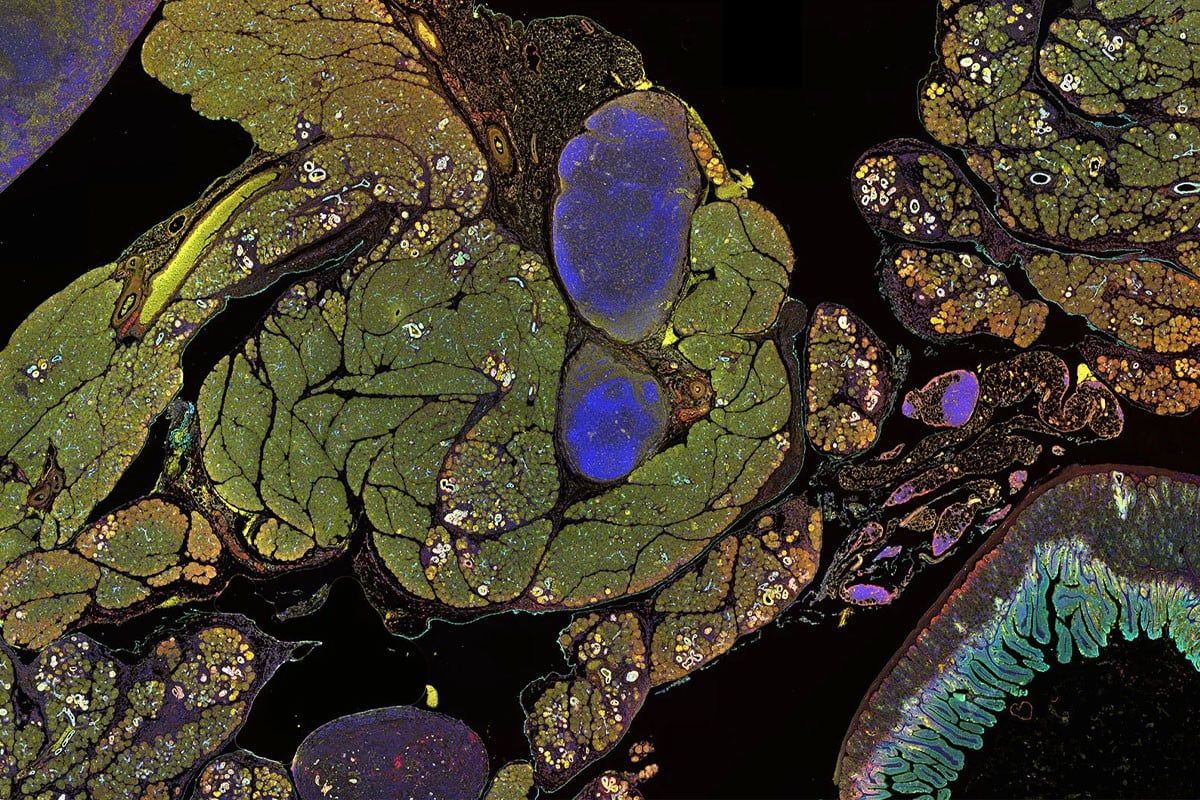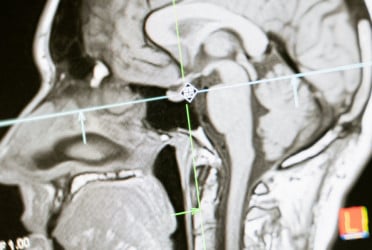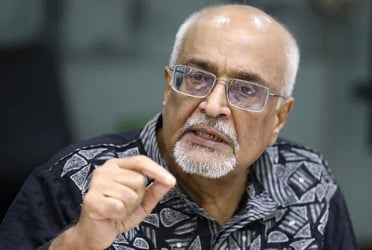The Association for Molecular Pathology (AMP) has achieved a major legal win after the U.S. District Court for the Eastern District of Texas ruled in its favor, vacating the FDA’s controversial rule that sought to regulate laboratory-developed tests (LDTs) as medical devices.
In a statement, AMP said that the court’s decision grants AMP’s motion for summary judgment and marks a significant victory in the ongoing debate over the regulation of LDTs, which are crucial for diagnosing a wide range of diseases, including rare conditions and cancer. This ruling effectively halts the FDA's attempt to expand its oversight beyond what current regulations, such as the Clinical Laboratory Improvement Amendments (CLIA), already provide.
AMP President Jane S. Gibson, Ph.D., expressed the organization's satisfaction with the court’s decision. “This is a decisive victory for our members and patients across the country,” she said. “The ruling will protect high-quality care and prevent unnecessary increases in healthcare costs that could have been triggered by the FDA rule.”
LDTs have been at the forefront of medical advancements for decades, often created to address unmet clinical needs. These tests are designed, validated, and interpreted by skilled professionals within regulated laboratories, playing a vital role in early diagnosis, disease monitoring, and treatment decisions.
Eric Konnick, M.D., Chair of AMP’s Professional Relations Committee, underscored the implications of the ruling. He noted that the FDA’s proposed rule would have imposed burdensome regulations on laboratories already working under CLIA standards. "Our members are committed to improving patient outcomes, and this ruling ensures that LDTs will remain accessible without unnecessary additional regulatory hurdles,” said Konnick.
AMP’s continued efforts focus on fostering an effective and efficient framework for LDT oversight, one that promotes transparency, innovation, and widespread patient access while avoiding excessive costs. The association advocates for legislative enhancements to existing CLIA regulations to ensure accurate and reliable LDT procedures are developed and applied appropriately.
Founded in 1995, AMP is a leading global organization representing professionals in molecular diagnostics. With over 3,100 members, AMP plays a crucial role in shaping policies that influence healthcare, medical research, and diagnostic innovation. This court ruling highlights AMP’s ongoing commitment to protecting patient access to high-quality diagnostic services while promoting scientific advancements in molecular medicine.
Bd-pratidin English/ Jisan
































































